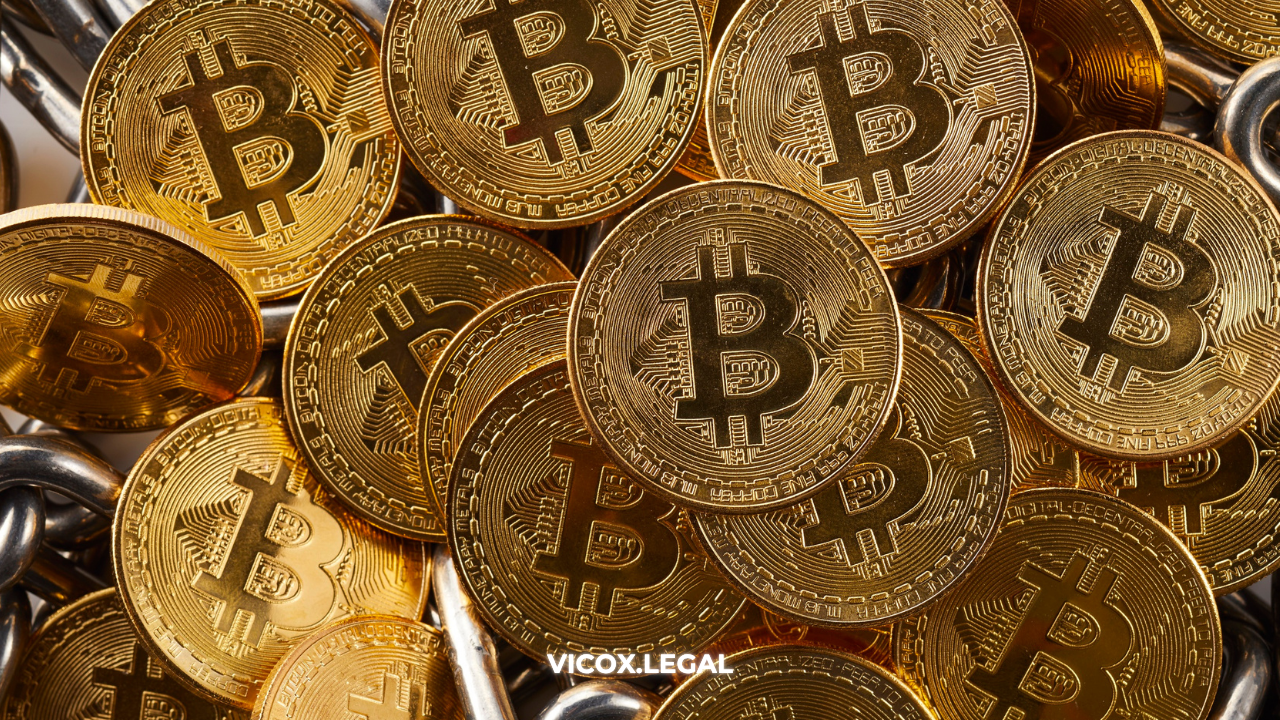
The first thing we need to know is that VASP refers to a virtual asset service provider, so a VASP license could be defined as the necessary permission to trade cryptocurrencies.
2. In Spain, Law 10/2010, of April 28, 2010, on the prevention of money laundering and terrorist financing, refers to VASPs in its Second Additional Provision, establishing the registry of service providers for the exchange of virtual currency for fiat currency and the custody of electronic wallets.
3. This additional provision with respect to VASP contains a series of obligations for suppliers. Who are the obligated parties?
4. Individuals or entities providing private cryptographic key safekeeping services on behalf of their customers for the holding, storage and transfer of virtual currencies, as well as those engaged in the purchase and sale of virtual currencies through the delivery or receipt of euros or any other foreign currency of legal tender or electronic money accepted as a means of payment. What are the obligations of these subjects?

5. In accordance with the second additional provision, they must be registered in the registry set up for this purpose by the Bank of Spain. Registration in the registry is conditioned by the provisions of Law 10/2010, as well as the existence of adequate procedures and bodies for the prevention of money laundering and financing of terrorism, and compliance with the requirements of commercial and professional honorability.
6. However, what other relevant information should we be aware of? Firstly, that the regulations for the prevention of money laundering and financing of terrorism do not provide for financial supervision rules, so that the Bank of Spain (where they must be registered) does not have the power to supervise financial risks or competencies in matters of conduct.
7. What does registration in the register set up by the Bank of Spain entail? It is a principle of regulatory compliance, but mere registration in the Register does not entitle the individual or entity to carry out activities or provide the services described in the regulations if these require prior administrative authorization for their exercise and authority.
What if, being registered, I carry out the activities without authorization? The answer is provided by Law 10/2010 itself: the initiation of a sanctioning procedure together with the possible imposition of precautionary measures.
9. How do I register? Through your website HERE
10. This registration can be done in three different ways: electronically (mandatory for legal entities), by mail and in person, which is exclusively available for individuals. Among the documents to be provided, in addition to those included in the form provided by the Bank of Spain, there are two important ones: the AML manual (for the prevention of money laundering and the financing of terrorism) and the risk analysis document.
11. Once the form has been submitted and any errors have been corrected, which body is responsible for resolving the matter and within what period of time? Well, the Banco de España itself has the power to issue a decision within three months of receipt of the application.




